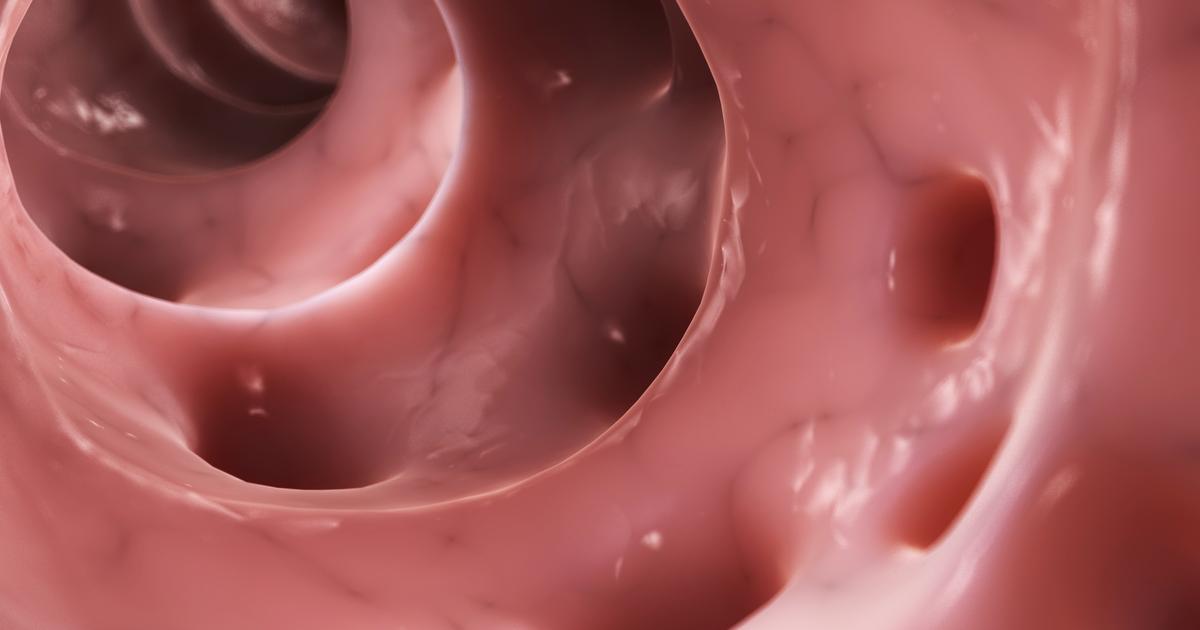What Causes A Bowel Obstruction?
Diverticulitis

Diverticulitis is an infection or inflammation in an individual that occurs in small pouches in the intestinal wall. Diverticula describes the small pouches that form on the intestinal wall. The diverticula can develop at any point in the intestines, but most commonly form at the ends of the sigmoid and descending colons. There is an acute and chronic form of diverticulitis. The severity of an individual's diverticulitis can range from a minor abscess to a massive perforation or infection of the intestine. Constipation, diarrhea, boating, thin stools, abdominal swelling, and abdominal pain can indicate a patient's diverticulitis has caused the development of a bowel obstruction. The severe swelling and inflammation that occurs in the intestine of an affected individual are what can cause an obstruction in the intestine that does not allow food to pass.
Antibiotics such as amoxicillin and metronidazole are typically prescribed if an infection is present, and patients with diverticulitis are often advised to follow a diet of clear liquids for a few days. Some individuals may need to have needle drainage or a bowel resection. Since infections can progress rapidly, patients who develop a fever of 104 degrees Fahrenheit or higher should see their doctor immediately, and immediate attention is also necessary if vomiting persists for more than two days or if the patient cannot keep liquids down for twenty-four hours. Surgery or intravenous medication is needed to treat a patient affected by a bowel obstruction caused by diverticulitis.
Reveal additional causes linked to bowel obstructions now.
Crohn's Disease

Crohn's disease is a chronic condition in which the digestive tract becomes inflamed. The ileum (the lowest segment of the small intestine) and colon are the most frequently affected areas of the digestive tract. Patients with Crohn's disease have symptomatic episodes followed by periods of remission. Some of the most common symptoms include abdominal pain, diarrhea, fever, reduced appetite, weight loss, and blood in the stool. Individuals with severe Crohn's disease could also notice inflamed joints and inflammation of the skin, eyes, bile ducts, or liver. Children with this condition may have delays in growth and sexual development. To diagnose Crohn's disease, doctors may perform a colonoscopy or a capsule endoscopy, and CT and MRI scans might be necessary. Some patients may be advised to have a balloon-assisted enteroscopy, and blood tests for infection and anemia will be completed. Treatments include anti-inflammatory medicines, immunosuppressants, and antibiotics. Patients may be given pain relievers, anti-diarrhea medication, and vitamin supplements as well. In severe cases, a feeding tube could be necessary, and surgery to remove the damaged portion of the patient's digestive tract might be performed as a last resort.
Continue reading to learn more about the potential causes of a bowel obstruction now.
